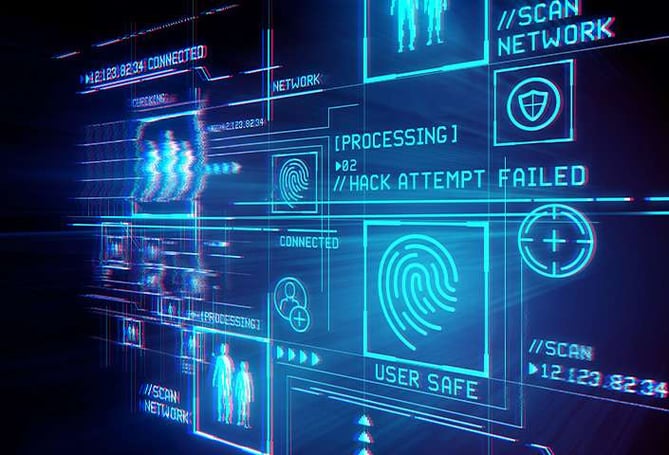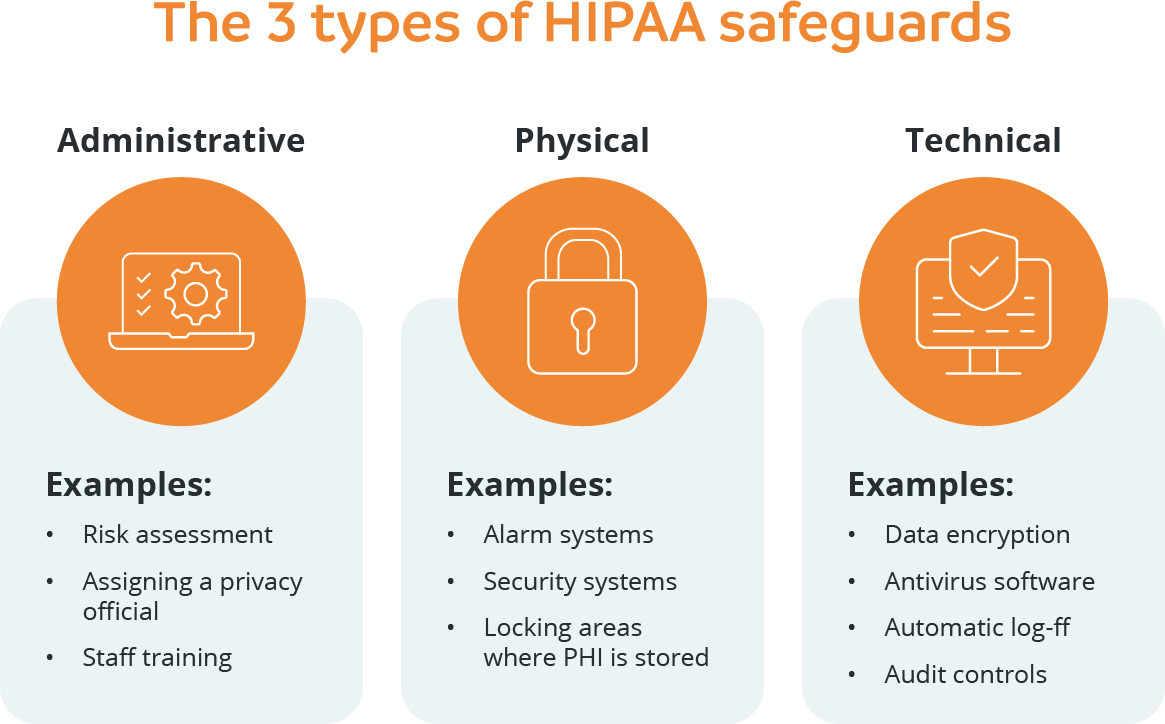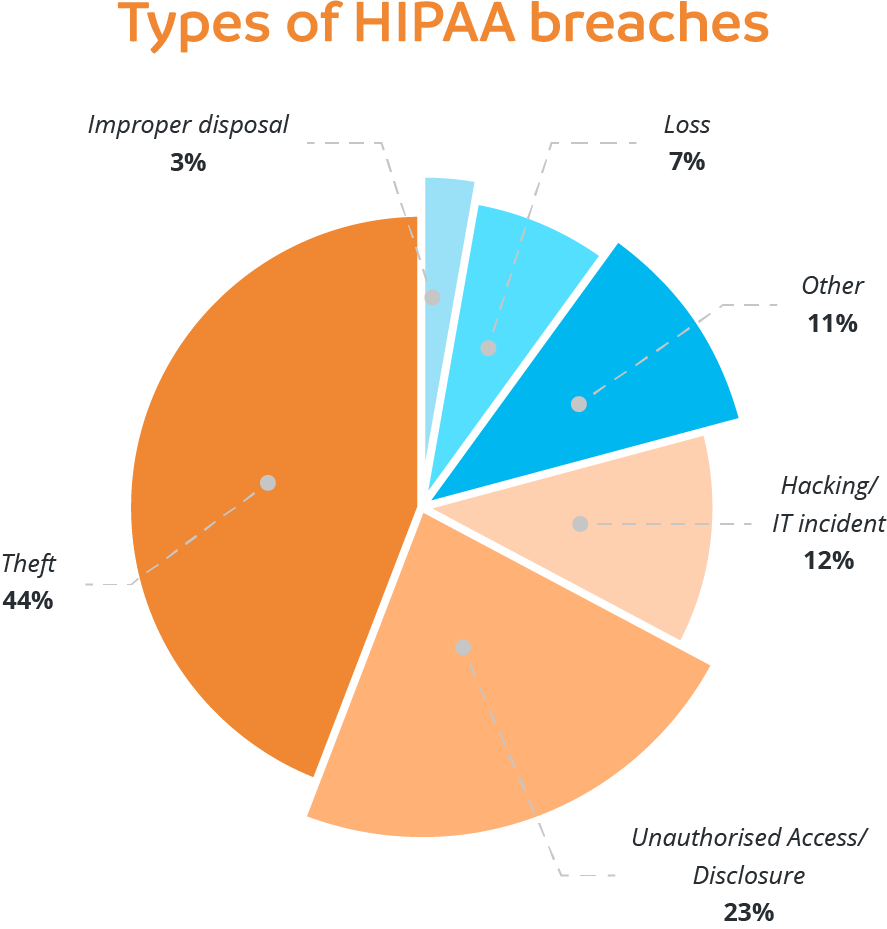HIPAA compliance lies at the heart of the U.S. health care system. The Medical Insurance Mobility and Responsibility Act (HIPAA) is the structure upon which client info is safeguarded and there is no reason for anybody connected with health care not to follow HIPAA to the letter of the law.

Which consists of working from another location.
When HIPAA was enacted on August 21, 1996, the idea that countless health care employees would be accessing client information from home or outside the walls of their health centers or health practices was dream. The web remained in its developmental years, the very first iPhone was more than a years away and there was a clear difference in between home and ‘the workplace’. Then came the digital transformation, followed by the COVID-19 pandemic, and before you might state ‘client privacy’, the U.S. Department of Health and Person Solutions was raising issues about the threat of utilizing remote gain access to systems that do not have HIPAA compliance functions 1
With 36.2 million Americans anticipated to work from another location by 2025– an 87% boost on pre-pandemic levels 2 – it has actually never ever been more vital for health executives and personnel to comprehend the dangers of dealing with secured health info and the requirement to make sure the upkeep of HIPAA compliance despite where that work is done. To help with that cause, this conclusive guide will offer them with the info they require to browse HIPAA compliance in the modern-day world and make sure client privacy stays their greatest top priority.
What is HIPAA compliance?
HIPAA is an acronym for the Medical insurance Mobility and Responsibility Act, a federal law that was enacted to safeguard clients’ secured health info (PHI). The Act is created to make sure just clients and the companies dealing with and managing their PHI can access such info, with the similarity doctor, insurance companies and service partners requiring to adhere to the law. Failure to do so can lead to punitive damages varying from $100 to $50,000 per infraction, while criminal charges can be enforced for deliberate breaches consisting of prospective jail time 3

Source: The Ultimate HIPAA Compliance List for 2023 (secureframe.com)
Why is HIPAA compliance crucial?
Client privacy is a significant issue for the health care sector, with a record 40 million individuals impacted by cybersecurity breaches in the very first half of 2023 4 HIPAA compliance puts a legal duty on health centers and health services to do what is required to prevent contributing to stats such as:
- About 95% of the U.S. population had their medical info revealed in between 2009 and 2021 5
- 95% of all identity theft occurrences originate from taken health care records, with such info worth 25 times as much as charge card information 6
- 34% of health care information breaches originate from unapproved gain access to or disclosure of PHI 7
- Since September 30, 2023, the Workplace of Civil liberty had actually settled 137 cases of HIPAA offenses for nearly $137 million 8
Threats of remote deal with HIPAA compliance
Let’s make one thing clear– remote employees are not the problem when it pertains to preserving HIPAA requirements. Rather, it has to do with the systems and assistance they have access to outside the conventional healthcare facility or health setting. One 2021 research study discovered that just 20% of IT groups had actually supplied appropriate tools and resources to support personnel working from another location long-lasting and while that has actually most likely increased in the wake of COVID-19, a number of remote work dangers stay.
- Unsecure web gain access to: linking to a safe and secure network is vital when accessing client files however what takes place when a remote employee is not able to take pleasure in the smooth connection of their office-based coworkers? The threat occurs of them looking for faster ways through channels or networks that do not have the essential security steps, thus why it is vital for health care IT departments to make sure exceptional network and web access to their remote employees. This encompasses remote employees who stop working to effectively get rid of physical files.
- Paper-based PHI: in spite of the digital boom, lots of health care practices continue to hold on to paper-based treatments for parts of their operations. From medical coding and billing to earnings cycle management, remote employees might be managing printed files which contain delicate client information and even the most safe public direct exposure (eg: relative, housemates) can lead to compliance officers releasing a HIPAA infraction.
- Insufficient training: with health entities and service partners needed to restore HIPAA accreditations each year, compliance training programs are a crucial part of yearly preparation. An absence of appropriate training makes companies susceptible to HIPAA offenses and no place is that threat higher than with remote employees. Out of sight needs to not indicate out of mind and it is vital to design appealing compliance training that is quickly transferable to individuals working from home or from another location.

Source: Discover the leading 3 reasons for HIPAA offenses and their easy options (calyptix.com)
4 suggestions for a HIPAA-compliant remote labor force
- Password security: doctor require to make sure remote employees are not just visiting safely to their shared networks however that their home cordless router traffic is password safeguarded. Recommend them versus utilizing default passwords as they are generally attended to all to see on the side of the router and make sure special and various passwords for any individual gadgets that have access to client info. When it comes to a pointer on producing a safe and secure password, it has actually been approximated it would take a hacker 438 trillion years to break a password that is 18 characters long which contains upper and lowercase letters, signs and numbers 9
- File encryption tools: sharing delicate info with coworkers is foregone conclusion in the health sector and it must similarly be the standard for that procedure to never ever unfold without utilizing file encryption tools. While every effort needs to be made to prevent sending out PHI through e-mail, options such as Sharefile includes a vital layer of defense. It is likewise extremely advised to buy a virtual personal network (VPN), which develops a secured network connection when utilizing public networks. Remote work might see personnel spread throughout various places however they will successfully be linked to a personal network despite where they are visiting.
- Workspace security: while some sectors might be able take an unwinded technique to their remote personnel’s work spaces, health practices do not have that high-end. Leaving computer systems open and patient information ignored in the house (or even worse a coffee bar) can lead to humiliating and pricey HIPAA offenses. Setting up a lock on an office is suggested, while personal privacy screens for displays can stop passersby from inadvertently seeing delicate information. Physical files are another issue. It might appear safe to leave printed PHI on desks or printers in office however it is just not worth the threat of a security breach. The very best suggestions? Act in the house as one would in the healthcare facility or health practice.
- Compliance training: HIPAA education is a crucial part of any health care practice however it is far too simple for remote employees to slip under the radar. While companies might currently have compliance programs, there is an immediate requirement for much of them to change or reword such efforts to resolve the increase of remote work. It has actually been approximated that nearly 50% of cybersecurity-related breaches take place due to worker negligence 10, highlighting why anybody who deals with PHI needs to finish training that describes HIPAA offenses and how to prevent them despite their geographical area with a health service.
Concerns to ask a potential outsourcing supplier
The success of remote work has actually likewise led to an increasing variety of doctor purchasing contracting out to support their operations. From earnings cycle management, contact center and client access to medical coding and high-volume back-office jobs, quality offshore companies are extremely competent at sourcing the ideal individuals and supporting customers with HIPAA compliance and client information safeguards. Concerns to think about when engaging an outsourcing supplier consist of:
- What is their password policy?
- Who will evaluate the system security?
- Exists a policy for ruining media (eg: paper files) at the end of the agreement?
- Do personnel get training in PHI security?
- Exist pre-employment screenings?
- Do personnel operate in an open-plan workplace or safe and secure space?
- Does the supplier have controls to avoid ransomware attacks?
- Can staff take laptop computers home or utilize their own gadgets?
- Are personnel enabled to download and set up tools on their computer system?
Summary
The health care sector’s adherence to HIPAA compliance is among the terrific conveniences for clients. Most importantly, that dedication stays despite whether a staff member is managing PHI in a healthcare facility, health practice or remote work setting. The COVID-19 pandemic influenced a generational modification for workplace and it is assuring to understand that actions continue to be made to make sure an increase in remote employees accompanies an increase in public self-confidence in client information security.
Client care might be leading concern however health administrators are dealing with a fight to stabilize the books in a market where margins are low and ‘consumer’ expectations are high. Discover why an increasing variety of health executives are looking offshore to satisfy the requirements of their health centers and practices.